In a continent where innovation is key to bridging the education gap, the African Union is shining a spotlight on female trailblazers who are harnessing the power of technology to transform the education sector. These fearless women are rewriting the script, challenging traditional norms, and paving the way for a brighter, more inclusive future for Africa’s youth. Through their pioneering work, they are not only bridging the digital divide but also empowering a new generation of learners to succeed. From developing cutting-edge educational apps to creating virtual learning platforms that reach remote communities, these female innovators are at the forefront of Africa’s digital revolution, and their impact is being felt far and wide.
Empowering African Education through Technology
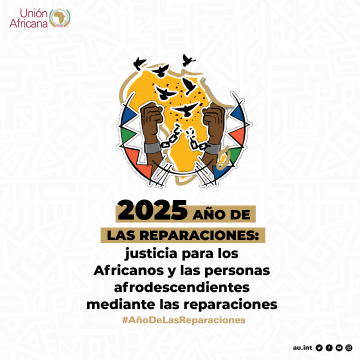
The African Union Continental Education Strategy for Africa (CESA) recognizes the importance of information, communication, and technology (ICT) in empowering graduates. ICT is seen as a key tool for enhancing the quality of provision and delivery of services, opening up possibilities for innovation, entrepreneurship, and employability. The strategy aims to ensure universal access to ICT and enhance flexibility in pedagogies, beating limitations of time and space for varied learner needs.
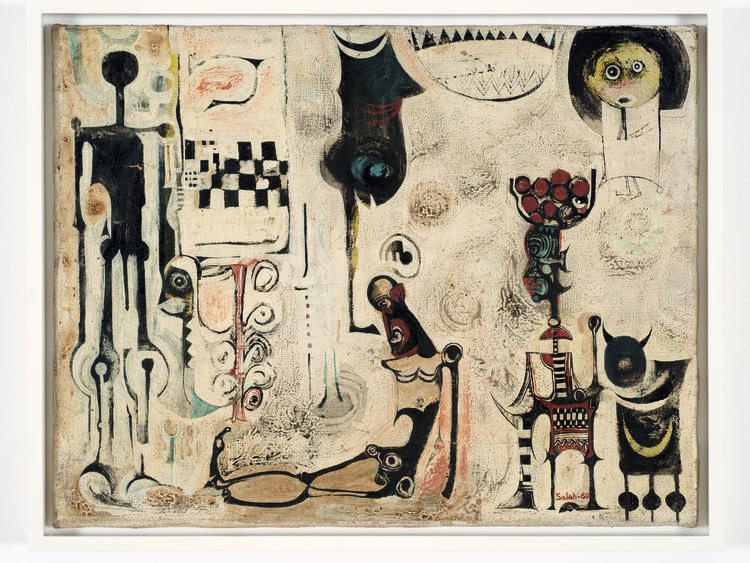
Recognizing the Role of ICT in Education
ICT is a major tool for empowering graduates and ensuring they contribute to social economic development. It opens up possibilities for innovation, entrepreneurship, and employability; flexibility in pedagogies; beating the limitation of time and space for varied learner needs; and enhancing confidence and dignity of graduates at all levels.
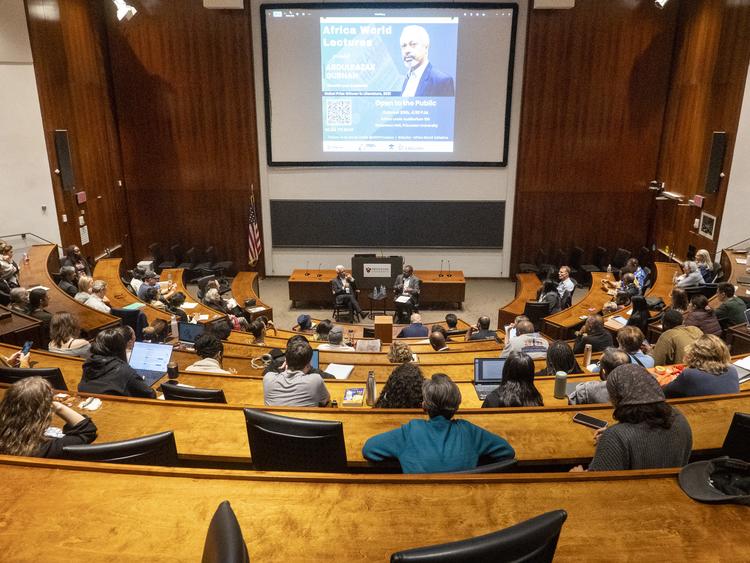
Celebrating Female Innovators in Africa
The African Union International Centre for Girls’ and Women’s Education in Africa (AU/CIEFFA) mission is to empower girls and women through education. The centre’s work aligns with the strategic objective 6 of CESA, aiming to accelerate processes leading to gender parity and equity.

Transforming Education through Innovation
The Innovating Education Expo in Africa 2018 and 2019 recognized five girls and young women who have made significant contributions towards achieving ‘Aspiration 6’ of Agenda 2063. These young women have demonstrated that empowering girls and young women through Science, Technology, Engineering, and Mathematics (STEM) can play a key role in bringing solutions to daily challenges in their societies and give young women the possibility of becoming the drivers leading change in their communities.
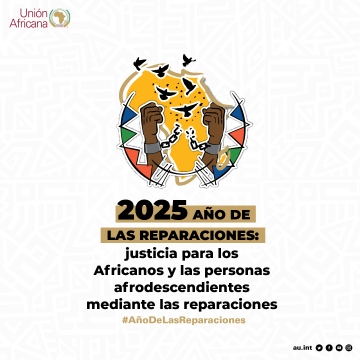
Transformative Impact of Female Innovators
The strides by these young women contribute towards the work of the African Union International Centre for Girls’ and Women’s Education in Africa (AU/CIEFFA) whose mission is to empower girls and women through education, in line with the strategic objective 6 of the Continental Education Strategy for Africa (CESA 16-25) which aims to “accelerate processes leading to gender parity and equity”.
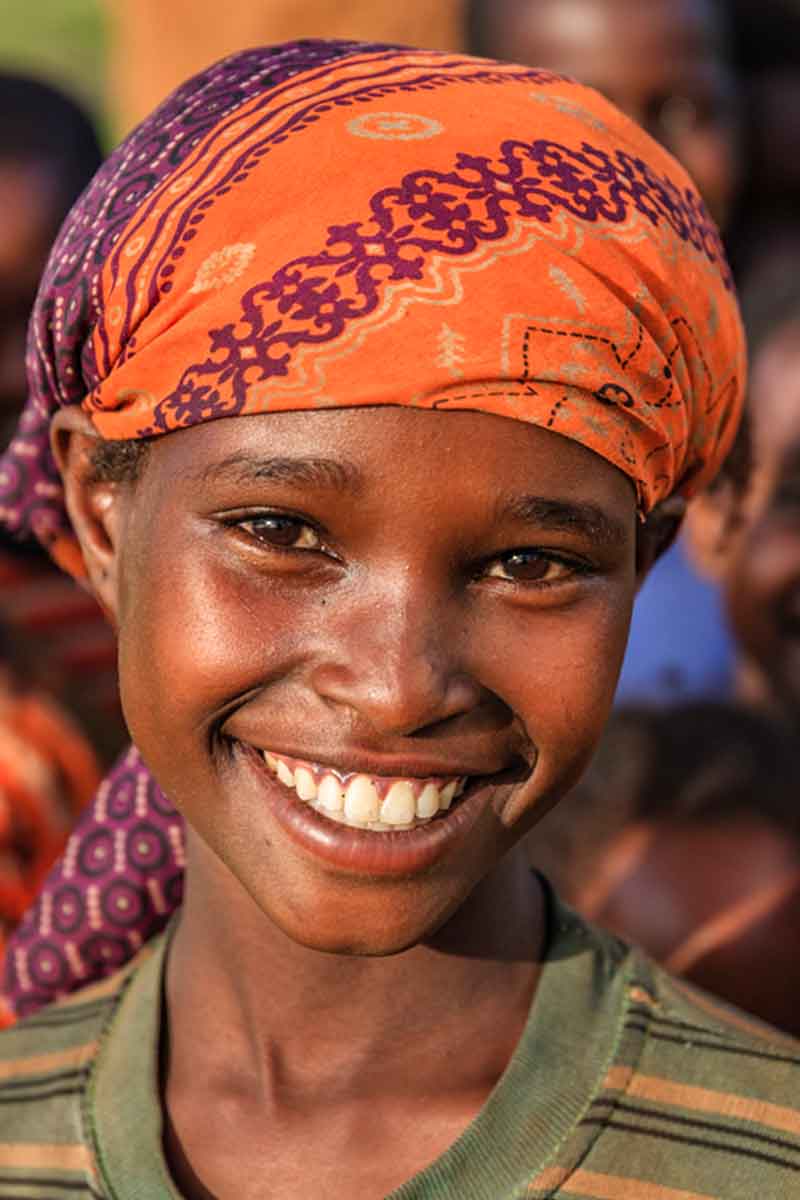
Susannah Farr: Making Education Accessible
Susannah Farr, CEO of the Gold Youth Development Agency (GYDA) in South Africa, was the top innovator at the Expo. Her organisation is committed to serving young people at grassroots through a replicable scalable peer-education model that considers every young person on the continent as a future nation builder. The GYDA is harnessing the positive influence young people have over their peers to drive sustainable outcomes in the area of education and behavioural change.
The organisation is addressing education outcomes in challenging circumstances and looking at solutions to create jobs in areas where there are no jobs. Their evidence-based youth peer education model has been used to reach over 55,000 young people in 123 communities across 4 countries.
Anne Nyaboke Wakesho: Enhancing Access to Literacy through Digital Apps
Anne Nyaboke Wakesho, representing eLimu Kenya, a leading digital educational content provider in East Africa, won the second prize at the Innovating Education Expo 2019. Her company created Hadithi Hadithi, a literacy app targeting young people out-of-school and early childhood kids in communities and refugee camps.
Available in English, Swahili, and Somali, Hadithi Hadithi provides an education content reflecting Africa’s local reality through stories written and illustrated by Kenyan teachers and artists across East Africa. It also encompasses letter tracing, spelling, and sentence making exercises. All these form a pedagogy known as “Reading to Learn” which aims at improving progress in reading and writing four times faster than traditional methods.
Amina Umuhoza: Empowering Girls through E-Counselling
Amina Umuhoza, a young Rwandan woman, stands up for women’s empowerment in her country. Through the initiative Dukataze, an online platform aimed at equipping girls with skills and knowledge, Amina is making a significant impact in her community.
Practical Applications and Implications
Addressing Education Outcomes in Challenging Circumstances
The Gold Youth Development Agency’s (GYDA) evidence-based youth peer education model has been used to reach over 55,000 young people in 123 communities across 4 countries. This model addresses education outcomes in challenging circumstances and looks at solutions to create jobs in areas where there are no jobs.
The GYDA’s approach is replicable and scalable, considering every young person on the continent as a future nation builder. By harnessing the positive influence young people have over their peers, the organisation is driving sustainable outcomes in the area of education and behavioural change.
In addition to the GYDA’s efforts, the app created by eLimu Kenya provides an education content reflecting Africa’s local reality through stories written and illustrated by Kenyan teachers and artists. The app, known as Hadithi Hadithi, targets young people out-of-school and early childhood kids in communities and refugee camps, available in English, Swahili, and Somali.
Empowering Girls through Education
The initiatives led by Susannah Farr and Amina Umuhoza demonstrate how empowering girls and young women can play a key role in bringing solutions to daily challenges in societies. Education has the potential to give young women the possibility of becoming drivers leading change in their communities.
The work of AU/CIEFFA aligns with the strategic objective 6 of CESA, aiming to accelerate processes leading to gender parity and equity. By empowering girls and women through education, the Centre is contributing to the development of a continent whose development is people-driven, relying on the potential of African people, especially its women and youth.
- Susannah Farr’s efforts have reached over 55,000 young people in 123 communities across 4 countries.
- Amina Umuhoza’s initiative, Dukataze, is an online platform aimed at equipping girls with the skills and knowledge necessary to succeed in their communities.
Scaling Up Impact
The successful implementation of ICT in education and the initiatives led by female innovators in Africa demonstrate the potential for significant impact. The African Union’s recognition of these innovators and the support of the international community can help scale up the impact of these initiatives.
The adoption of evidence-based models and technology-driven solutions can help address education outcomes in challenging circumstances. By leveraging the power of technology, these initiatives can reach a wider audience and have a more significant impact on education outcomes in Africa.
- The GYDA’s peer education model has been replicated in several countries, reaching over 55,000 young people.
- eLimu Kenya’s Hadithi Hadithi app has been used to improve literacy rates among young people in several countries.
Expert Analysis and Insights
The Role of Technology in Education
Technology has the potential to revolutionize the way we approach education in Africa. By leveraging the power of ICT, we can improve access to education, increase the quality of education, and make education more relevant to the needs of African societies.
However, the successful implementation of ICT in education requires a concerted effort from governments, civil society, and the private sector. It also requires a deep understanding of the needs and challenges of African societies.
- The use of technology can help to bridge the gap in education outcomes between urban and rural areas.
- Technology can also help to improve the quality of education by providing teachers with the tools and resources they need to deliver high-quality instruction.
Real-World Applications and Examples
The initiatives led by female innovators in Africa demonstrate the potential for technology to improve education outcomes in African societies. By leveraging the power of ICT, these initiatives can reach a wider audience and have a more significant impact on education outcomes in Africa.
For example, the GYDA’s peer education model has been used to reach over 55,000 young people in 123 communities across 4 countries. This model addresses education outcomes in challenging circumstances and looks at solutions to create jobs in areas where there are no jobs.
- The GYDA’s peer education model has been replicated in several countries, reaching over 55,000 young people.
- eLimu Kenya’s Hadithi Hadithi app has been used to improve literacy rates among young people in several countries.
Conclusion
In conclusion, the African Union’s recognition of female innovators using technology to transform the education sector in Africa is a significant step towards bridging the digital divide and promoting inclusive learning. As discussed, these trailblazing women are harnessing the power of technology to address pressing educational challenges, such as lack of access, poor infrastructure, and inadequate resources. By developing innovative solutions, they are not only improving learning outcomes but also empowering girls and women to take their rightful place in the digital economy.
The implications of this trend are far-reaching, with the potential to democratize access to quality education and create a more equitable society. As Africa continues to grapple with the challenges of the 21st century, it is imperative that we prioritize investments in education, particularly in science, technology, engineering, and mathematics (STEM). By doing so, we can create a workforce that is equipped to drive economic growth, innovation, and sustainable development. Furthermore, the recognition of female innovators sends a powerful message to girls and young women across the continent, inspiring them to pursue careers in technology and entrepreneurship.
As we look to the future, it is clear that technology will play an increasingly important role in shaping the education sector in Africa. The African Union’s initiative serves as a beacon of hope, illuminating the path towards a brighter future for all. As we celebrate the achievements of these exceptional women, we must also acknowledge the immense potential that lies within every African girl and woman. It is time for us to harness this collective energy, creativity, and talent to build a continent where education is a fundamental right, not a privilege reserved for the few. In the words of the African proverb, “When you educate a woman, you educate a nation.” The future of Africa hangs in the balance, and it is time for us to take action.
